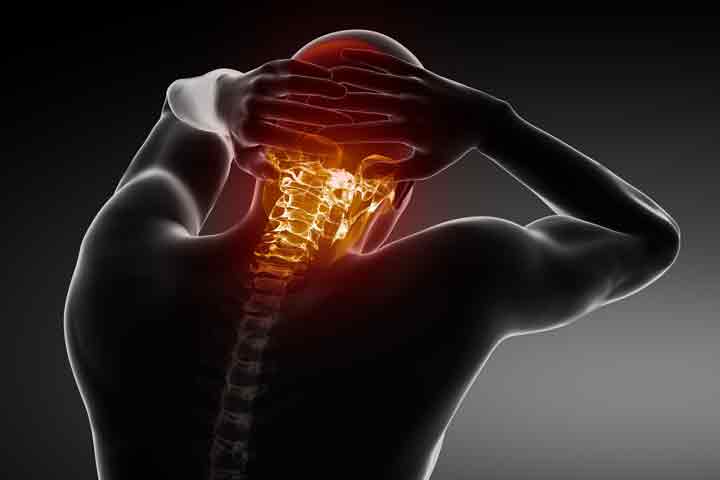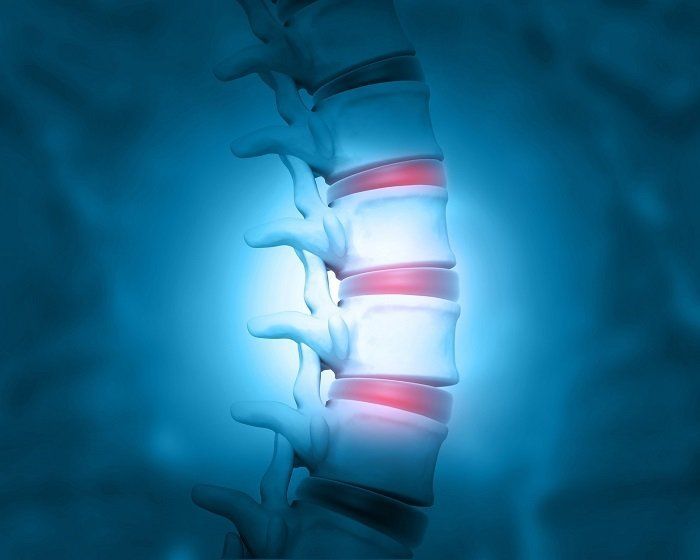Have Headaches at the Base of Your Skull? Check for Occipital Neuralgia
If you have painful, chronic headaches that tend to originate at the back of your head, you should get checked out for occipital neuralgia. This condition is sometimes confused with migraines or tension headaches since overlapping symptoms exist. Read on to learn more about occipital neuralgia and how to treat it.
What Is Occipital Neuralgia?
At the back of your head, you have a trapezoidal-shaped bone called the occipital bone. Nerves that run through this area are called the occipital nerves. Sometimes, these nerves can become inflamed or injured, thus causing occipital neuralgia. A neuralgia is pain that follows the path of a damaged nerve. This pain often feels like a sharp electrical shock.
Other symptoms of occipital neuralgia include:
- A tender scalp
- A sensitivity to light
- Pain when you move your head
- Pain behind your eyes
- Burning or throbbing pain that originates at the base of your skull
If you have any of these symptoms, speak to your doctor.
What Causes It and How Is It Diagnosed?
Many causes of occipital neuralgia exist. You could have a pre-existing medical condition, like diabetes, that could make you more prone to developing occipital neuralgia. Inflammatory conditions, like gout or osteoarthritis, can also cause occipital neuralgia as a side effect.
If you are stressed or hold tension in your back or neck, you could also develop occipital neuralgia. Injuries, like whiplash, can strain the supporting tissues in your neck and head, thus increasing the risk of nerve inflammation.
Even if you have most of these symptoms, you should get checked out by a pain management clinic to confirm the diagnosis since, again, occipital neuralgia can have similar symptoms to other conditions.
A doctor will likely perform a physical exam to see if the back of your head is tender. He or she may also give you a shot to numb the irritated nerves. If you find relief with a numbing agent to nerves behind your neck and around the base of your skull, then occipital neuralgia is a likely cause of your symptoms.
How Can You Manage the Pain of Occipital Neuralgia?
If the occipital neuralgia is from an injury, then massage therapy, physical therapy, and rest may be the only things necessary for a full recovery. However, if occipital neuralgia is from a secondary condition, you may need to find other ways to manage your pain. Learn about just a few things you can try that may help.
Nerve Block Injections
Some pain clinics offer regular sessions for nerve block injections. These injections contain a longacting anesthetic and a steroidal anti-inflammatory medication. The goal of these injections is to interrupt or block the pain signals that travel up the nerves.
You may experience a temporary discomfort during the injections, but this should pass as the medications start working. While every patient is different, a nerve block injection could manage your pain for a few days, weeks, or months.
Botox Injections
You may already know that Botox can be used for migraines, but they can also be used for pain related to occipital neuralgia. One study showed that while Botox didn't help participants with pins-and-needles pain or dull pain, but it did help participants with sharp/shooting type pain that is common in occipital neuralgia.
Spinal Decompression
If you aren't keen on injections, you may want to consider cervical decompression. Occipital nerve inflammation could be from nerve compression. During a spinal decompression, a pain clinic professional or chiropractor can gently adjust your cervical spine to reduce pressure.
Contact Specialists in Pain Management to learn more about occipital neuralgia and how to manage any pain you may experience from this condition.
Licensed | Bonded | Insured
DISCLAIMER: You will receive a call to remind you of your appointment. If you must cancel your appointment, we would appreciate at least 24 hours notice. No-shows may be charged a missed appointment fee of $25. Please bring your insurance card, a picture ID and your current medications to each visit.
CONTACT INFORMATION
Chattanooga Location
Address: 281 N. Lyerly St, Suite 200,
Chattanooga, TN 37404
Fax: 423-698-0511
Ooltewah Location
Address: 4957 Swinyar Drive, Suite 101,
Ooltewah, TN 37363
Fax: 423-362-7778
Phone: 423-698-0850
Cleveland Location
Address: 862 Callen Ln, NW Suite 110
Cleveland, TN 37312
Fax: 423-698-0511
Business Hours:
Chattanooga Location
- Mon - Fri
- -
- Sat - Sun
- Closed
Appointments Available
Ooltewah Location / Cleveland Location
- Mon - Thu
- -
- Fri - Sun
- Closed




CareCredit, Most Major Insurances Accepted
OUR LOCATION
Chattanooga Location
Ooltewah Location
Cleveland Location













